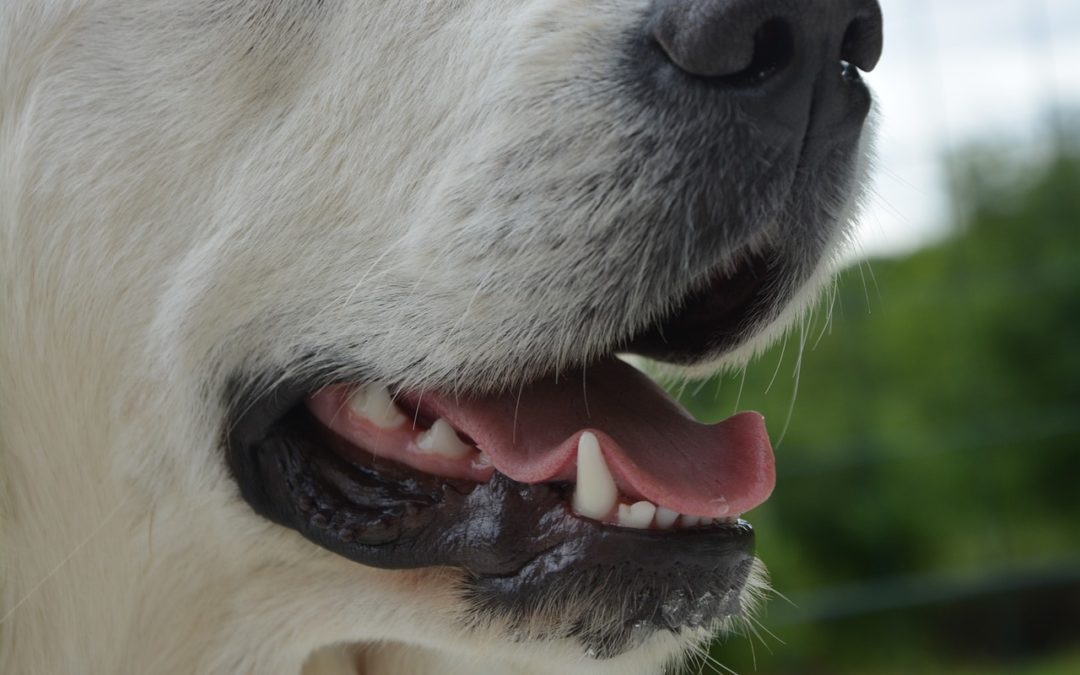Getting your pet’s teeth cleaned does more than give them a great smile and fresh breath. Pets who do not receive regular dental cleanings are prone to periodontal disease, a progressive condition that starts with plaque buildup and progresses into gingivitis, tooth decay, tooth loss, and even abscessed tooth roots. Having a constant source of bacteria in your pet’s mouth can also contribute to liver, kidney, or heart infections, as the tooth roots are very closely associated with the body’s blood supply.
What happens during a dental cleaning at Latah Creek Animal Hospital?
Prior to the day of your pet’s dental, you will be sent home with anti-anxiety medications to help keep your pet calm and relaxed in their kennel during their day admittance. Upon arrival, you will be met by their nurse and one of our patient care team members, and your pet will immediately be taken back to get settled in their kennel. Their blankets are sprayed with a species-specific pheromone that provides calming signals to them in their kennel. We encourage you to bring blankets, beds, and special toys that remind them of your home! From there, the nurse will go over the paperwork and treatment plan and answer any questions you may have.
Your pet will be placed under general anesthesia for their dental cleaning. This helps ensure that they can have a complete and thorough procedure and maintain an airway to prevent water aspiration. Your pet’s teeth will be closely examined, probed, and charted to help determine if there are any underlying abnormalities. A dental probe will be used to evaluate gum bleeding and periodontal pockets where food and tartar can accumulate and lead to further decay. If necessary, radiographs will also be taken to assess for any pathology farther under the gumline and to examine the tooth roots. If periodontal disease is advanced, the teeth may not be able to be saved, and these teeth will be extracted. The remaining teeth will be scaled with an ultrasonic scaler to remove plaque and tartar on the tooth surface and below the gum line. The teeth will then be polished to remove microscopic scratches and decrease the rate of subsequent plaque buildup.
After your pet’s dental cleaning, they will be given a pain injection and fed a soft meal. Depending on the grade of dental disease, we may also recommend that you feed canned food or soften their food for several days after the procedure.
Continuing to brush your pet’s teeth can help slow plaque buildup, combined with annual dental cleanings can help your pet live a happy, healthy life.
Interested in making an appointment? You can book an appointment online in minutes by clicking here.

